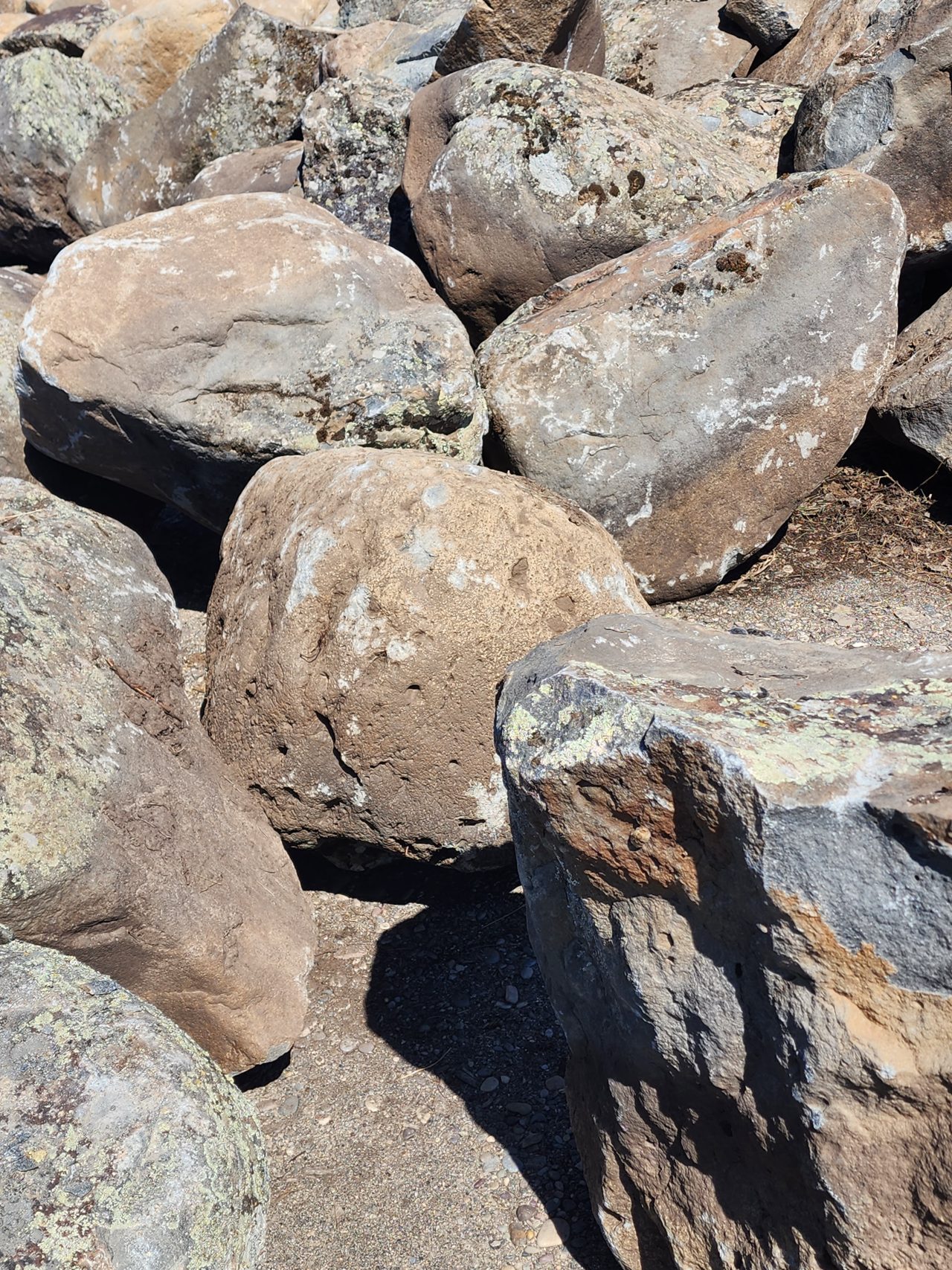From Playful Gestures To Earth's Core: Unpacking The World Of "Rock" Beyond The Screen
In the vast landscape of the internet, a simple search query can often lead to unexpected discoveries. Perhaps you've found yourself typing "rock paper scissors yellow dress full video" into your search bar, intrigued by a specific moment or a viral sensation. While such searches highlight the fascinating ways we interact with media and popular culture, the word "rock" itself opens up a world far richer and more profound than a mere hand gesture or a fleeting online clip. Beyond the screen, "rock" embodies everything from a powerful artistic expression to the very foundation of our planet.
This article invites you on a journey to explore the multifaceted nature of "rock"—not just as a component of a game or a video title, but as a dominant force in music history and a fundamental element of Earth's geology. Prepare to delve into the rhythmic pulse of a global phenomenon and the unyielding structures that shape our world.
The Rhythmic Pulse: Rock Music's Unyielding Legacy
When most people hear the word "rock," their minds often gravitate towards a sound—a powerful, driving beat that has defined generations. Rock is a style of popular music that emerged in the 1950s, quickly capturing the hearts and minds of listeners worldwide. Since the 1950s, rock has probably had more fans than any other form of music, a testament to its enduring appeal and adaptability.
Rock music has had many styles and forms over the years, constantly evolving and absorbing influences. Rooted in various genres like blues, gospel, and country, rock developed a distinctive sound characterized by electric guitars, bass, drums, and often vocals. Its versatility allowed for the birth of numerous subgenres, each with its unique flavor and fan base. How, then, should rock’s contribution to music history be judged? One way to answer this is to trace rock’s influences on subsequent musical forms and its profound cultural impact.
From Classic Rock to Heavy Metal and Beyond
The journey of rock music is a vibrant tapestry of innovation and rebellion. From the raw energy of early rock and roll to the intricate compositions of progressive rock, the genre has continuously pushed boundaries. One particularly influential offshoot is heavy metal, genre of rock music that includes a group of related styles that are intense, virtuosic, and powerful. Driven by the aggressive sounds of the distorted electric guitar, heavy metal is known for its thunderous drums, powerful vocals, and often complex song structures.
Iconic bands have shaped the landscape of rock music, leaving an indelible mark on culture. For instance, Kiss was an American rock band that formed in 1973, known for their elaborate stage makeup, costumes, and theatrical live performances. Their influence, alongside countless other legendary artists, is celebrated in institutions dedicated to preserving rock's heritage. You can discover the Rock & Roll Hall of Fame and dive into the world of legendary artists, groundbreaking music, and the cultural impact of rock and roll, exploring the stories behind the songs and the artists who made them famous.
Ultimately, rock music is a form of popular music that emerged in the 1950s and can be defined as “a form of music with a strong beat”—it is difficult to be much more precise given its vast diversity. Yet, its impact is undeniable, shaping fashion, social movements, and artistic expression across the globe.
Earth's Dynamic Canvas: The Science of Rocks
Shifting our focus from the auditory to the tangible, the word "rock" also refers to the very material that forms our planet. In geology, rock (or stone) is any naturally occurring solid mass or aggregate of minerals or mineraloid matter. It is categorized by the minerals included, its chemical composition, and the way it was formed.
Geology is the fields of study concerned with the solid earth. Included are sciences such as mineralogy, geodesy, and stratigraphy. Geology also explores geologic history, which allows us to understand the colossal forces that have shaped Earth over billions of years. Rocks are not static; they are the world’s most dynamic landforms, given their ability to grow by accretion and change through immense pressure and heat.
The Living Earth: Volcanoes and Metamorphic Wonders
Evidence of Earth's dynamic nature is abundant. There are more than 1,500 potentially active volcanoes or volcanic areas around the world at any given time, constantly reshaping the landscape through eruptions and lava flows. These geological processes highlight the incredible power of our planet.
Rocks also undergo incredible transformations. Metamorphic rock, for example, is any rock that results from the alteration of preexisting rocks in response to changing conditions, such as variations in temperature, pressure, and mechanical stress. These transformations create stunning new forms and textures, revealing the hidden artistry of nature.
The physical properties of rocks are of interest and utility in many fields of work, including geology, petrophysics, geophysics, and materials science. Understanding these properties is crucial for everything from construction and resource extraction to predicting natural disasters. Even in unexpected places, rocks tell a story; for instance, a landscaping rock, seemingly innocuous, can hold clues about its origin and journey.
Rocks in Commerce and Culture
Beyond scientific study, rocks and minerals hold significant commercial and cultural value. Gemstones and minerals are highly sought after for their beauty and rarity. If you're ever in Westminster, CO, you might hear people saying about gemstones & minerals in Westminster, CO, that it's a great rock shop with a fabulous staff, friendly, helpful and knowledgeable, showcasing the passion many have for these natural treasures.
The word "rock" also permeates our language and business names, often implying stability, strength, or a foundational element. Consider the phrase "rock bottom," which, in the context of a brewery like Rock Bottom, signifies a commitment to quality and craftsmanship. Every tank we tap represents hours of planning, experimentation, ingenuity and precision by your local rock bottom brewmaster, emphasizing the meticulous effort behind their product, much like the precision involved in understanding geological formations.
Even cultural figures bear the name, such as Rock Hudson, American actor noted for his good looks and movie roles during the 1950s and ’60s, including Magnificent Obsession, Giant, and Pillow Talk, and for the TV series. His enduring legacy demonstrates how the word "rock" can be associated with iconic figures who leave a lasting impact.
Conclusion: The Enduring Resonance of "Rock"
From a playful game of Rock Paper Scissors to a search for a specific "yellow dress full video," our initial curiosity can often lead us down unexpected and enriching paths. The word "rock," seemingly simple, reveals itself to be incredibly multifaceted, encompassing vast realms of human endeavor and natural phenomena.
Whether we're talking about the electrifying energy of rock music that has captivated millions since the 1950s, or the ancient, powerful forces that shape Earth's dynamic landforms, "rock" is a word imbued with deep meaning. It represents both the ephemeral excitement of a performance and the enduring stability of our planet's crust. So, the next time you encounter the word "rock," take a moment to appreciate its diverse meanings and the rich stories it tells, far beyond any single video or game.
Article Summary
This article explored the expansive meanings of the word "rock," moving beyond its common association with the game "Rock Paper Scissors" and specific internet searches. It delved into "rock" as a dominant musical genre, highlighting its evolution since the 1950s, its diverse styles like heavy metal, and its cultural impact as celebrated in places like the Rock & Roll Hall of Fame. The article then transitioned to "rock" in geology, defining it as a fundamental component of Earth, discussing dynamic geological processes like volcanoes and the formation of metamorphic rock, and emphasizing the importance of geology as a field of study. Finally, it touched upon other cultural references, such as the actor Rock Hudson and the metaphorical use of "rock" in business names, illustrating the word's broad significance and enduring presence in our world.

You Rock! - ESL Toybox

Landscape Boulders in Idaho Falls | Wolverine

63,000+ Rock Transparent Pictures